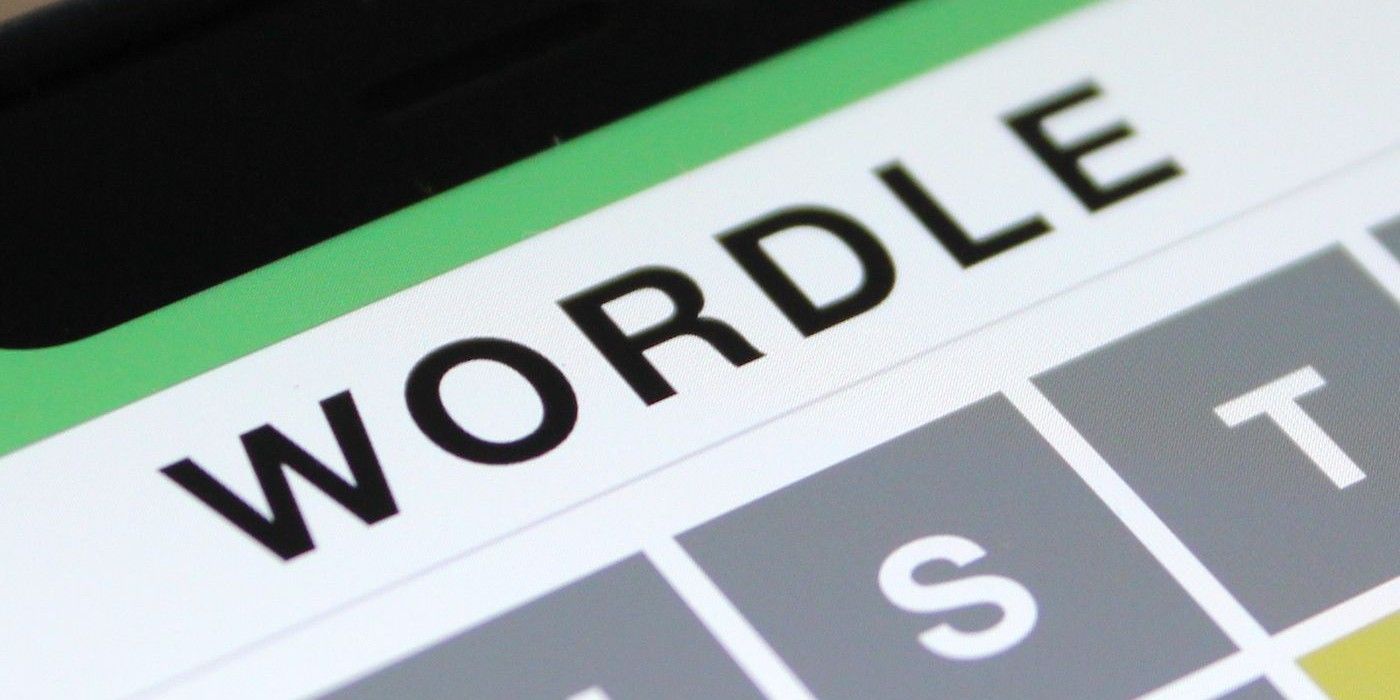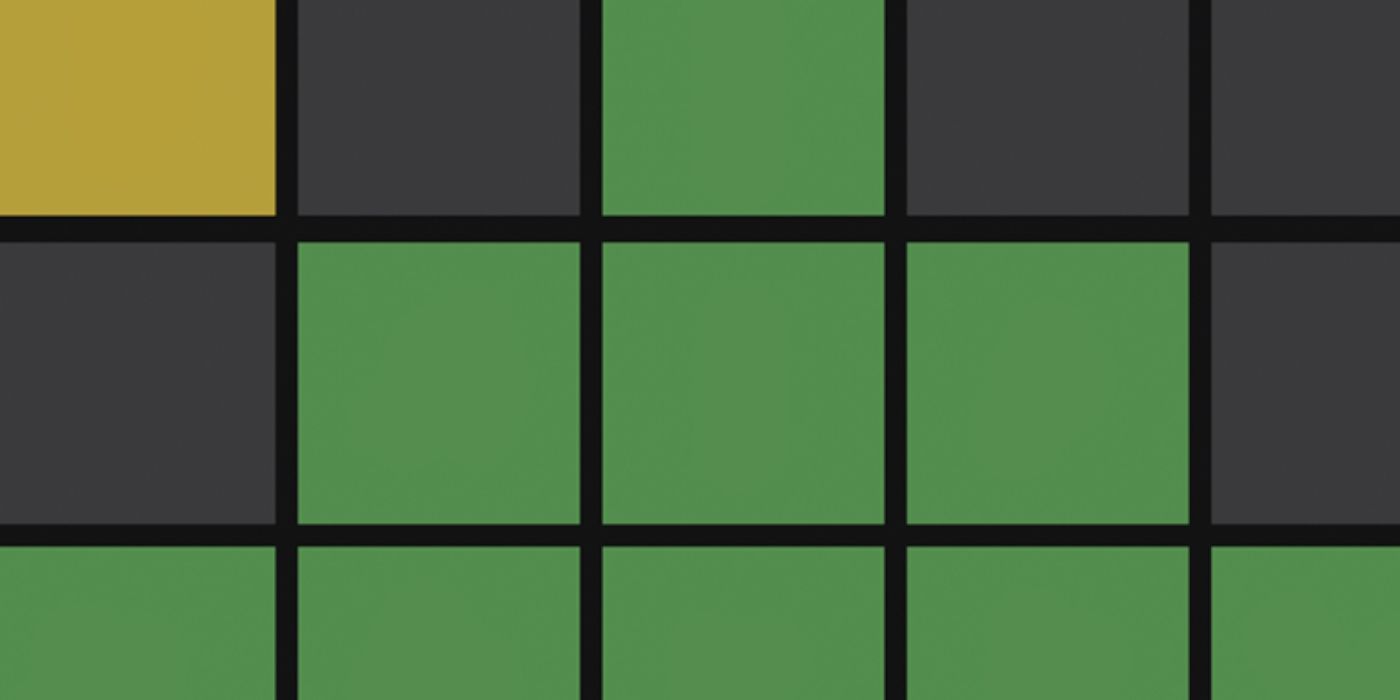Near the end of 2021, Wordle was released and quickly rose in popularity, leading to an acquisition by The New York Times. This simple word game has captivated both puzzle enthusiasts and social media users alike. Similar brain-stimulating games are popular among all ages, but Wordle has outclasses many, a popularity is due, in part, to its easy gameplay, appeal to a wide audience, and the ease of sharing and comparing scores on social media.
Wordle challenges players each day to guess a five-letter word, with only six attempts to get the correct answer. The only hints given occur after a guess is entered, resulting in each letter turning a different color indicating their position or possible position in the word. This limitation has driven one fan to upload a YouTube video calculating Wordle's best starting option. The only statistics Wordle gives fans are the number of total games played, their win percentage, how many words they've guessed in the game so far, and how many times they've won in a row. Fans take pride in keeping their streak alive and often share their results online.
Wordle may have a psychological reason for its success. According to an article on Insider, psychologist Lee Chambers says that the game "stimulate[s] both the language- and logic- processing centers of our brains." The body releases dopamine during this process, resulting in players returning to Wordle each day. The viral word puzzle game can also be easily accessed through a web browser and does not require any payment. Recently, fans have been worried about Wordle remaining free on The New York Times website. So far the game is not behind a paywall, but only time will tell if the company has different plans.
The Wordle Community Helped The Game To Succeed
During the early months of Wordle, fans used to post their scores manually on Twitter using color emojis. Creator, Josh Wardle, told The New York Times that he decided to create an "automated way for players to brag about their success in a spoiler-free way." By sharing their results, fans have formed a decentralized community around the game. Players can see how well they stacked up to others for the day's word, and seeing how well the community at large performed creates a friendly rivalry, pushing fans to strive for a better score on the next attempt.
The game was released near the end of 2021, and Wordle gained viral success the following year. The Covid-19 pandemic also helped in the explosive growth of the word puzzle game, since many users have been stuck at home and lacking in social interactions. Wordle's success is ultimately the result of brilliantly simple game design, ease of accessibility, and the community that rallied around the game on social media.
Source: The New York Times, Insider


